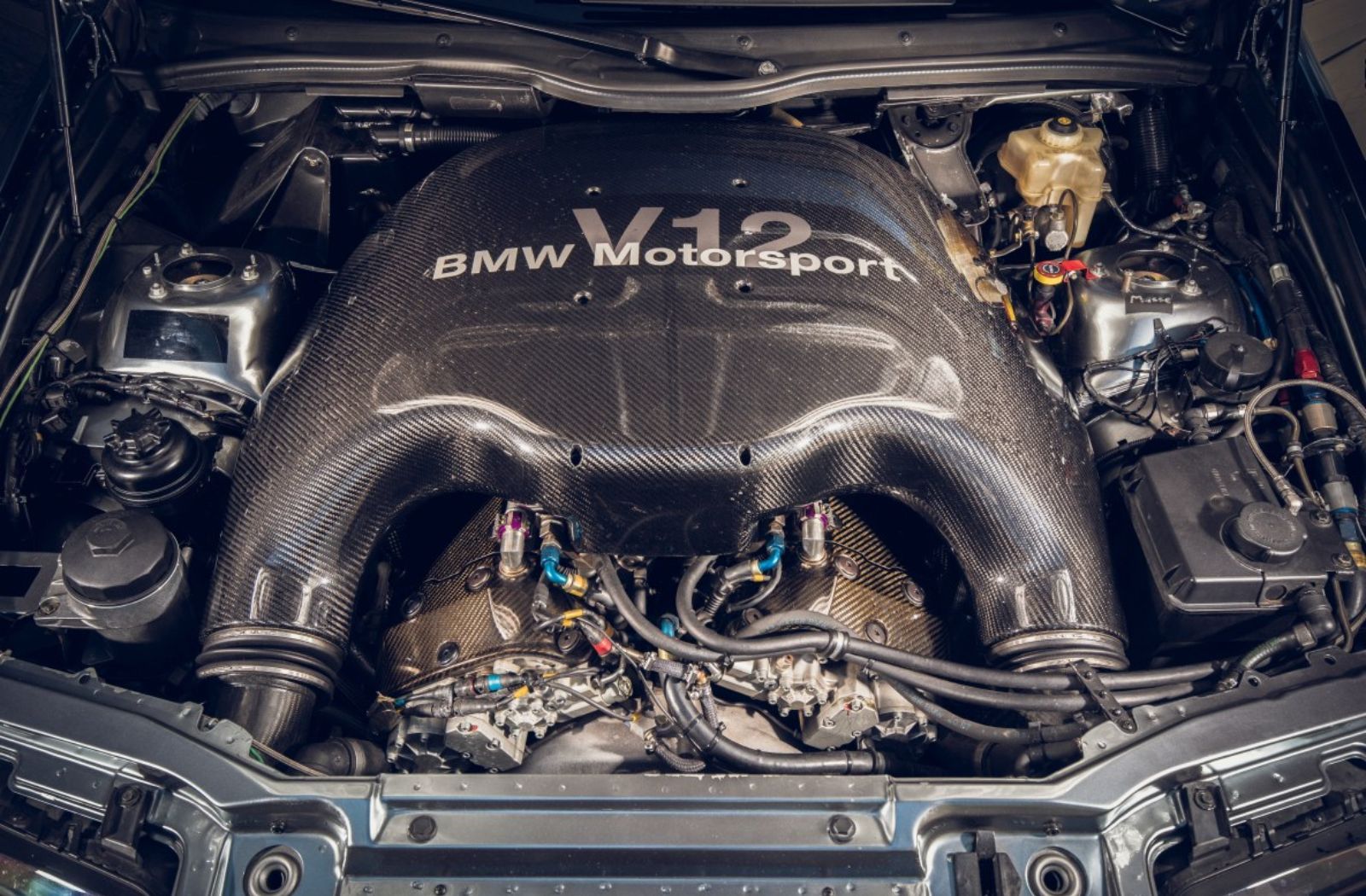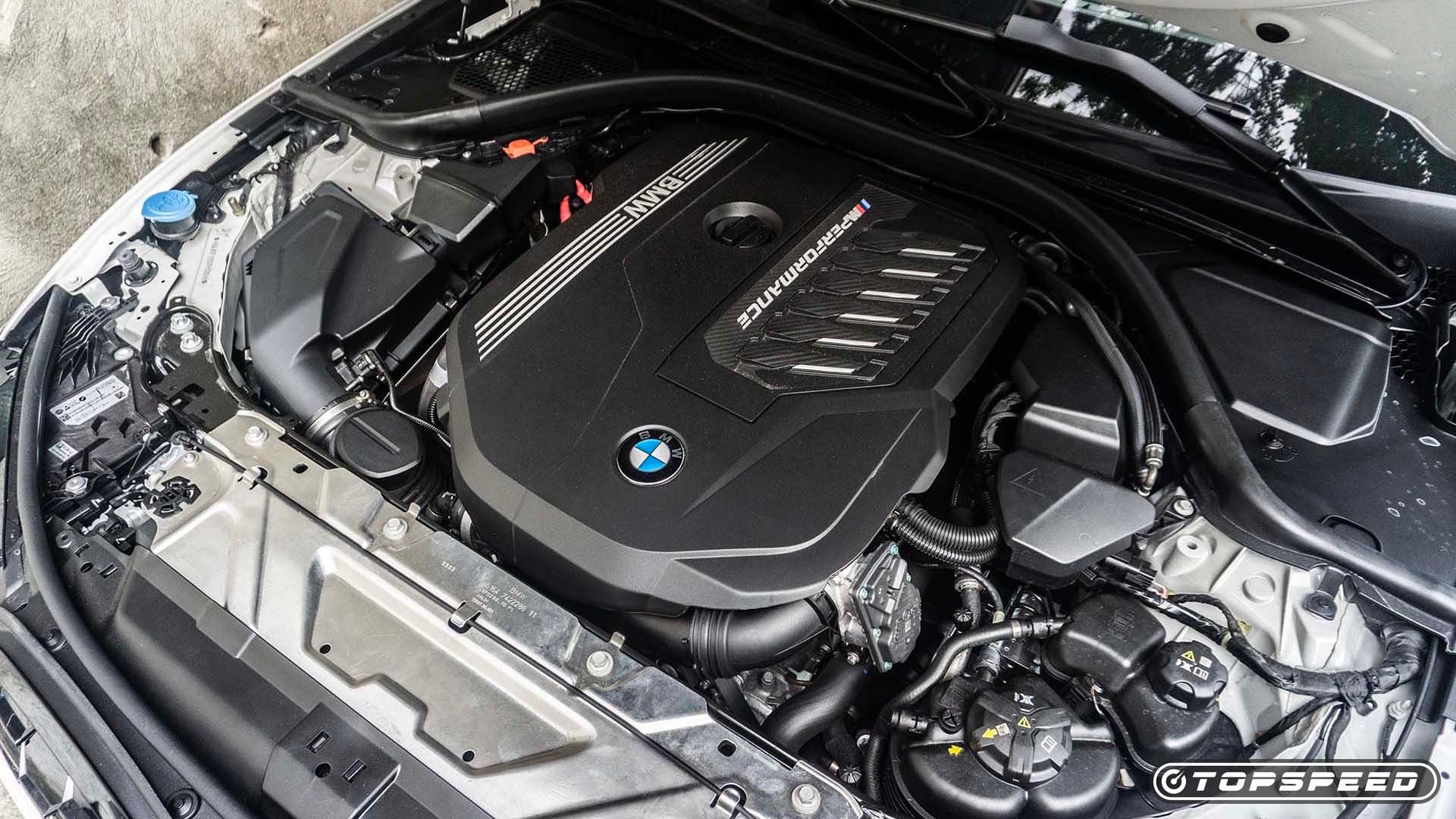A New user's Guide to Selecting the Right BMW Engine for Your Requirements
A New user's Guide to Selecting the Right BMW Engine for Your Requirements
Blog Article
Introducing the Intricacies of Next-Generation Power Units: a Deep Dive Into Advanced Engine Styles and Technologies
As we stand on the precipice of a brand-new period in transportation, the complexities of next-generation engine layouts beckon us to discover the sophisticated innovations and innovations that promise to redefine the driving experience. Delving deeper into the worlds of emission control, intelligent engine monitoring systems, and the horizon of power system development, we discover ourselves on the cusp of a change that assures to reshape the landscape of wheelchair as we recognize it.
Advancement of Engine Materials

The change in the direction of progressed engine materials has likewise made it possible for engineers to develop engines with higher power outcomes while keeping gas effectiveness criteria. As an example, making use of lightweight products decreases the general weight of the engine, bring about boosted gas economy and lower exhausts. In addition, advancements in materials technology have actually allowed for much better thermal monitoring within engines, causing raised reliability and durability.
Turbocharging and Supercharging Technologies
Just How do Turbocharging and Supercharging Technologies reinvent engine performance and performance in modern-day automobiles? Turbocharging and turbo charging are technologies that substantially boost engine efficiency by raising the amount of air intake into the combustion chamber. Turbocharging accomplishes this by utilizing a generator driven by exhaust gases to pressurize the consumption air, while supercharging makes use of a belt- or chain-driven compressor to accomplish the exact same effect.
These modern technologies allow smaller, a lot more fuel-efficient engines to produce power equal to bigger ones, referred to as downsizing. Forcibly more air right into the cylinders, supercharging and turbocharging enhance burning effectiveness, causing enhanced horse power and torque output without a substantial rise in engine size. This causes better acceleration, lugging capacity, and general driving efficiency.
Furthermore, supercharging and turbocharging contribute to enhanced gas efficiency by enabling the usage of smaller sized engines that eat much less gas under regular driving conditions - bmw engine. This combination of improved efficiency and performance has actually made turbocharging and turbo charging important components of lots of modern engine styles
Discharge Control and Environmental Influence
With increasing worldwide problems concerning air high quality and ecological sustainability, the execution of exhaust control modern technologies in cars plays a critical duty in reducing damaging contaminants released right into the ambience. Modern lorries are outfitted with innovative emission control systems that help decrease the ecological influence of automotive procedures. Catalytic converters, for example, are made to transform hazardous gases such as carbon monoxide gas, nitrogen oxides, and hydrocarbons right into much less unsafe compounds like co2 and water vapor.
Additionally, advancements in engine innovation, such as the combination of exhaust gas recirculation systems and discerning catalytic decrease, have substantially added to reducing emissions. These innovations operate in tandem to maximize burning effectiveness and reduce the release of unsafe pollutants into the air. In addition, the advancement of hybrid and electric vehicles stands for a crucial action in the direction of decreasing the overall environmental footprint of the transport industry.
Intelligent Engine Management Equipment

Moreover, these systems enable lorries to satisfy rigid discharges criteria without jeopardizing performance, supplying a more eco-friendly driving experience. The combination of man-made intelligence and equipment knowing capacities in engine administration systems remains to press the limits of what is possible, leading to more renovations in effectiveness, integrity, and total vehicle performance. bmw engine. As auto innovation breakthroughs, intelligent engine management systems will certainly play a critical a fantastic read role fit the future of transportation towards a much more lasting and efficient direction
Future Trends in Power System Advancement
As smart engine management systems pave the means for enhanced control and optimization in contemporary automobiles, future fads in power unit development are poised to redefine the landscape of automobile propulsion modern technologies. Among the key trends driving advancement in power device growth is the change in the direction of electrification. With an increasing focus on sustainability and minimizing carbon exhausts, crossbreed and electrical powertrains are ending up being much more prevalent in the automobile sector. These different source of power supply enhanced efficiency and performance while aligning with stringent environmental laws.
One more More hints significant fad is the assimilation of advanced products and making methods. Lightweight products such as carbon fiber and light weight aluminum are being used to lower total automobile weight, improving fuel performance and performance. Additionally, advancements in 3D printing and additive production are making it possible for the manufacturing of complex engine parts with greater precision and longevity.
In addition, expert system and machine learning are playing a critical function in optimizing power unit efficiency. These innovations permit real-time tracking and adaptive control, causing much more reliable and trustworthy power shipment. In general, future fads in power unit growth are geared in the direction of effectiveness, performance, and sustainability, driving the automotive sector towards a new era of propulsion innovations.

Verdict
In conclusion, the improvements in engine products, turbocharging, exhaust control, and intelligent monitoring systems have paved the means for next-generation power systems. The elaborate layouts and advancements in modern-day engines showcase the ongoing development of auto innovation.
Discovering the progressive advancements in engine materials has been crucial in enhancing the efficiency and effectiveness of contemporary engines. Over the years, the evolution of engine products has actually played a vital duty in pressing the borders of what engines can attain.The change in the direction of progressed engine products has actually likewise allowed designers to make engines with greater power results while keeping gas effectiveness criteria.The implementation of intelligent engine monitoring systems in contemporary vehicles has actually changed the way engines are regulated and maximized for efficiency and effectiveness. By gathering data in real-time and sites analyzing it with innovative formulas, intelligent engine administration systems can adjust to driving styles, environmental factors, and engine health and wellness to take full advantage of power result while decreasing gas usage and emissions.
Report this page